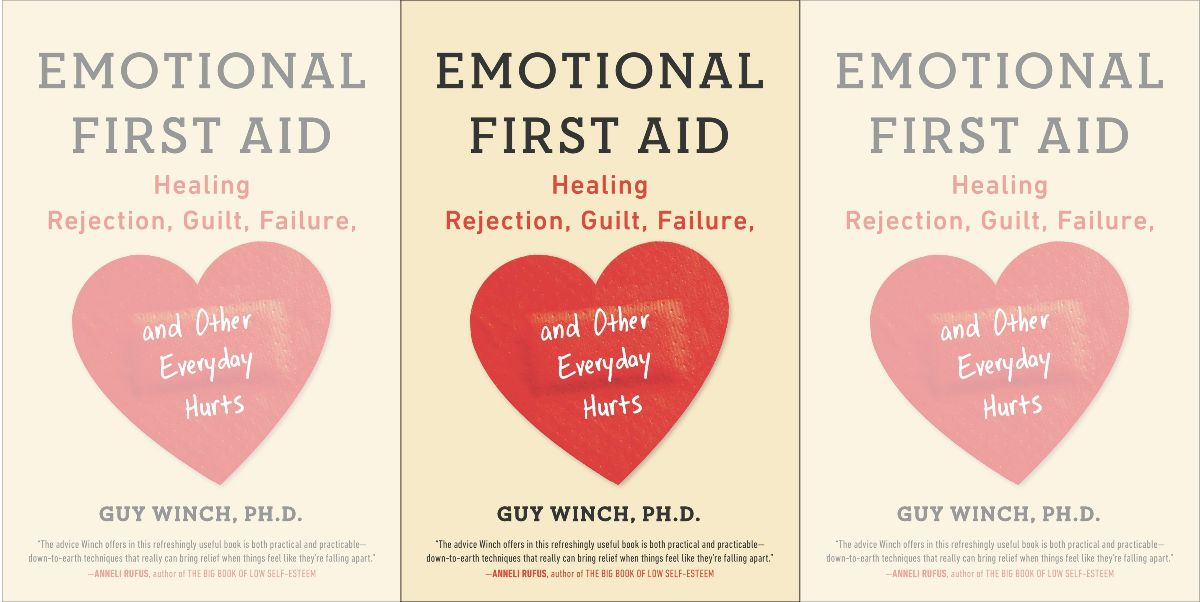Affair healing Blog
|
Couples can get into muddy waters when it comes to one person feeling really “off” about their spouse’s “friendship” with someone who could become a romantic partner. This can lead to a lot of fights about what is cheating. Does it have to involve physical contact? These debates don’t actually sooth anyone: the partner who feels there is an inappropriate relationship stays upset and the partner in the other relationship feels judged and defensive.
What to do? Let’s define an emotional affair. There are a few parts of it here.
If you’re in such a relationship and you’re reading this going “Uh oh,” coming to realize that a friendship is probably going down a bad path, now is the time to cool down the friendship. You don’t have to be dramatic about it. There are plenty of adult friendships where “life” gets in the way and things peter out. This should be such a relationship. If you are the accuser and your spouse is defensive and continues to argue they are in the right and you are simply being paranoid, it may be worthwhile to seek some marriage counseling together. There is something bigger going on beyond the possible emotional affair. You and your spouse have trust issues. You are feeling really vulnerable and unsafe, and your spouse is feeling defensive and treated like an untrustworthy teenager. If your conflict about the other person endures, there are issues that a professional therapist an help you sort out. If you are being suspected of an emotional affair and you are convinced it’s not so (maybe your spouse has been jealous of everyone of the opposite sex you’ve worked with), it’s in your best interest to help your spouse feel more confident, and this may require a therapist’s help. Your spouse may being feeling vulnerable for reasons that need to be sorted out, and you may be doing other things that contribute to trust issues in your marriage. Either way, couples therapy can help prevent more damage in the future. It’s not enough to just say “trust me—there’s no issue,” when you spouse is torn up about another relationship. And if one of you is uncertain about staying in the marriage, our store with specific material for you, or a local Discernment Counselor may be your next best step. In Recovery Room podcast #502, counselor Jennifer Gingras and I discuss issues related to someone who has had repeated affairs. Let's focus on just one questions: If a marriage has any hope for healing after repeated infidelities, what is the one thing that matters most? What is the best predictor of genuine, lasting recovery (assuming the betrayed partner decides to stay)? First, let me list some circumstances that are not most important in relationship recovery from multiple affairs. Although these may all be part of the recovery process, they will not matter if the one thing is missing.
The essetial, necessary change is this: The involved partner's sincere passion to take responsibility for personal and relationship healing and their desire to work on change that happens from the inside-out.
There must be an obvious, recognizable difference in the way the unfaithful partner confronts their affair behavior. There needs to be a real difference in the way they work on recovery now in contrast to their efforts after previouse affairs. The inside-out change means they are driven by a personal passion to do what is necessary in pursuit of lasting change. Not because they're being forced to do it. Not just because they fear the consequences if they don't. Not because it's what's "expected." It needs to be an almost desperate desire to figure out the pattern and to follow a different path in the future. This shift is the greatest predictor of long-term healing. For more information about this "inside-out" motivation, I'd suggest listening (or reading the transcript) to podcast #501: "Satisfying Choices, Lasting Change."
In this episode of the "Dear Therapists" podcast, hosts Guy Winch and Lori Gottlieb focus on helping a man who left his family to be with his affair partner. Troubled by the perspectives his ex-wife and friends seem to have of him, he asks the therapists for help. You'll have to put up with a few commercials, but it's well worth the listen.
After listening to a podcast interview with Guy Winch, the author of Emotional First Aid, I ordered and read his book. While it does not focus specifically on affair recovery, most of the problems addressed in the book are commonly experienced in the affair healing process. In each chapter, the author (a practicing psychologist) discusses an emotional wound using real-life examples and then offers practical research-based remedies. Each of these emotional wounds is covered in a chapter of the book: Rejection, Loneliness, Loss & Trauma, Guilt, Rumination, Failure, and Low Self-Esteem. Anyone struggling to heal from wounds of infidelity would benefit from the instruction and remedies presented by the author.
|
AuthorUnless otherwise noted, articles are written by Tim Tedder, a licensed counselor and creator of this site and its resources. Topics
All
|
Copyright ©2009-2022, Tim Tedder, LMHC, NCC & contributing authors. Content on this site cannot be used or reproduced without permission. AffairHealing.com is a resource of Currents Services, LLC.




 RSS Feed
RSS Feed
